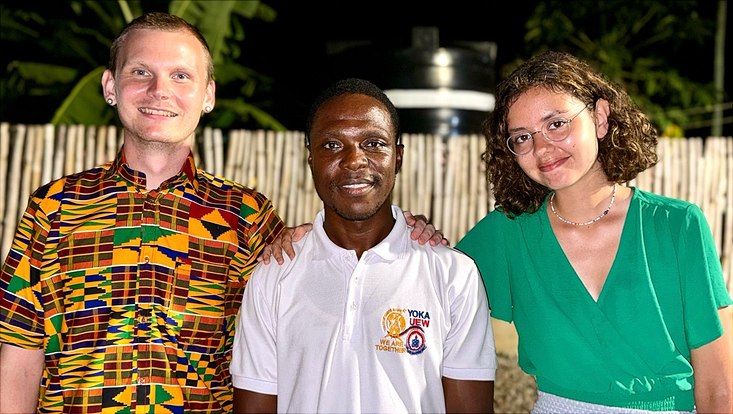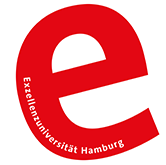How AI could optimize Hamburg’s urban transportationHamburg’s Elevated Railway Funds Student Project on Future Mobility
28 June 2023, by Christina Krätzig

Photo: HOCHBAHN
The Hamburger Hochbahn AG will fund an innovative teaching concept at Universität Hamburg. Students will hone their data skills and learn new approaches to solving problems.

What are the biggest challenges in Hamburg’s transportation system? To what extent can we predict the reach of an electric bus’s battery? And how will climate change affect Hamburg’s transportation?
Together with STEM students at Universität Hamburg, the computer scientist Marten Borchers has tried to answer these questions for the last few years. “We integrate AI into our problem-solving approaches. This can help us answer these kinds of questions. But there are no finished application products that companies can just buy to make predictions. This is terra incognito,” explains the doctoral researcher.
The goal of the seminar, now funded by the Hochbahn AG, is not, however, to develop corporate products. Our goal is rather to foster innovation and increase our students’ data skills. Future physicists, biologists, and computer scientists work together across disciplines. They use company data and open access information, for example, from the Urban Data Platform Hamburg, to make prognoses.
To predict the effects of climate change, students use, for example, weather data, the findings from climate models, all kinds of traffic data, but also, for example, geodata to identify regions that, in the future, may be more severely impacted by strong precipitation events. Are the streets there optimal? Do bus schedules need to be adjusted for storms? To answer such questions, AI can be supportive.
The reliability of such prognoses is, however, often a problem. “It has to be far above 50 percent; otherwise, you could just roll dice,” says Borchers. To check the AI, he uses past data, meaning he calculates events that have already taken place.
Thanks to the Hochbahn AG, funding for the seminar is secure until March 2024. The seminar was developed in 2021 using money from the Data Literacy Lab that was itself funded by the Stiftung Innovation in der Hochschullehre. The lab is part of the Digital and Data Literacy in Teaching Lab. This, in turn, is part of the Center for Interdisciplinary Studies and Academic Skills (in German only) at Universität Hamburg that is being funded through the Excellence Strategy of the Federal and State Governments. See the project page for more information on Data-Driven Solutions for the Smart City Hamburg.
Originally, the Landesbetrieb Geoinformation und Vermessung der Freien und Hansestadt Hamburg and the HWV/Future Dock were involved alongside the Hochbahn.



